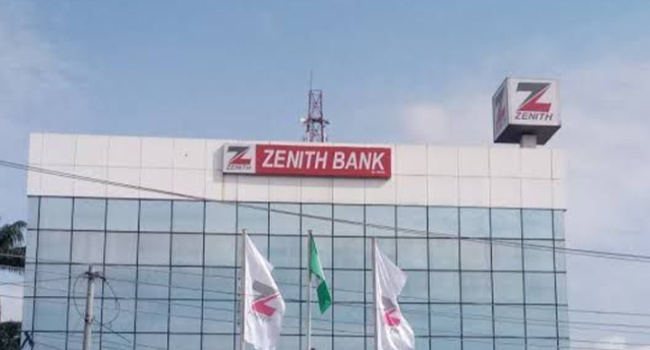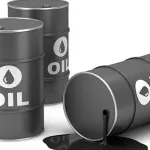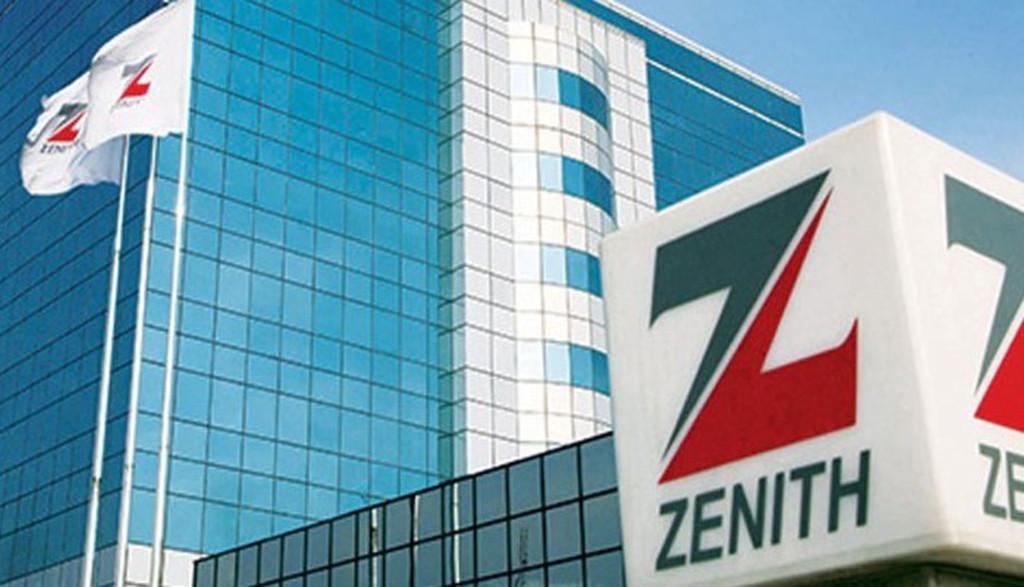Data obtained from the World Bank have revealed the 10 African countries with the lowest foreign exchange reserves you need to know right now.
Interestingly, amid forecasts of drastic declines in global economic growth and possible stagflation threats, many African countries are also grappling with a serious dollar shortage crises.
Join our WhatsApp ChannelIndeed, the forex crises have dealt a huge blow on many economies on the continent. In recent times, for example, the media have carried reports on how foreign airlines operating in Nigeria are finding it difficult to repatriate their earnings due to the country’s inability to raise dollars for them. In the same vein, other businesses in the West African countries are struggling to raise dollars to facilitate essential imports.
What are foreign exchange reserves?
According to Investopedia, foreign exchange reserves are typically dollar-denominated assets that are held on reserve by central banks.
The International Monetary Fund (IMF) further defines foreign exchange reserves as “official public sector foreign assets that are readily available to, and controlled by the monetary authorities, for direct financing of payments imbalances, and directly regulating the magnitude of such imbalances, through intervention in the foreign exchange markets to affect the currency exchange rate and/or for other purposes.”
The constitutions of different African countries require their central banks to maintain external assets in the following forms: bullion or gold coins, foreign short-term treasury bills, bonds, the IMF’s special drawing rights, account balances in foreign banks, etc.
Each of these assets must possess a basic feature of liquidity and can easily be converted to either dollars, pound sterling, Euro or other similar hard currencies.
Importance Of Foreign Exchange Reserves
- Foreign exchange reserves are necessary for influencing the monetary policies of countries.
- Foreign exchange reserves serve as backup funds just in case a country’s currency drastically devalues.
- It’s a source of economic prestige, as countries with high foreign exchange reserves are respected for their strong economic standing.
- Countries with good foreign exchange reserves tend to attract viable foreign trade and investment opportunities.
Below are 10 African countries with the lowest foreign exchange reserves as culled from World Bank data:
- Somalia: Has foreign exchange reserves of $23.1 million, according to The World Bank.
- Equatorial Guinea: Has foreign exchange reserves of $40.8 million, according to The World Bank.
- Sao Tome and Principe: Has foreign exchange reserves of $75.2 million, according to The World Bank.
- Sudan: Has foreign exchange reserves of $177.9 million, according to The World Bank.
- South Sudan: Has foreign exchange reserves of $183.6 million, according to The World Bank.
- Burundi: Has foreign exchange reserves of $266.1 million, according to The World Bank.
- Chad: Has foreign exchange reserves of $310 million, according to The World Bank.
- Comoros: Has foreign exchange reserves of $329.6 million, according to The World Bank.
- Central African Republic: Has foreign exchange reserves of $350 million, according to The World Bank.
- Liberia: Has foreign exchange reserves of $538.5 million, according to The World Bank.

















Follow Us